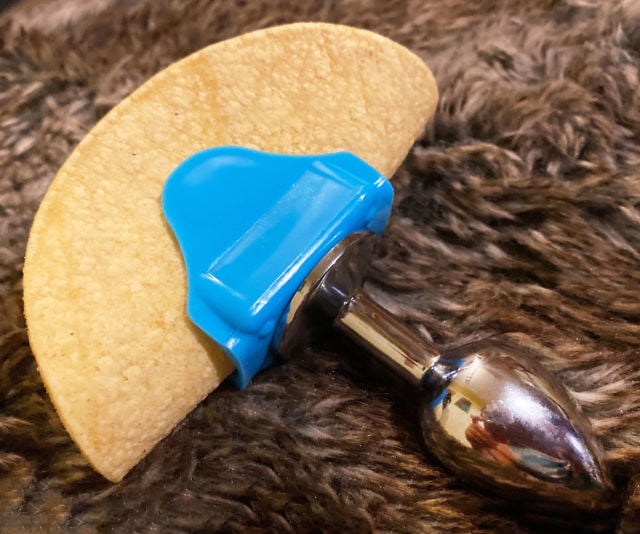A) sorry if we’re not allowed to ask our questions here. I can delete.
B) if we are allowed to ask questions then I’m just here to ask any thoughts on why walking 10k+ steps a day - including lots of stairs - and eating mostly meat, veggies, and rice for the last three weeks resulted in a gain of three pounds?


Here’s my suggestion:
Start by taking a picture of every single thing that you eat or drink for a week, other than pure water. Don’t try to count the calories or worry about your macros. Just take a photo. And yes, that means if you have a cup of coffee - take a photo of the cup of coffee.
Once you’ve gotten used to doing that, start weighing and measuring everything before you eat it. If you have cereal in the morning, measure out how many cups of cereal, and how many cups of milk. How many ounces of coffee do you have, and how much sugar or cream/creamer? If you go out to eat, the information is usually pretty readily available; chain restaurants have their portion sizes down cold. Don’t worry about looking at the calories at this point.
Once you’ve gotten used to that, it’s time to start looking at your macros: how many grams of carbohydrates, fat, and protein are you eating? For that you need to not only be measuring things, but have a rough idea of the breakdown of that thing. (This is why people that are training seriously tend to eat very simple things with only one ingredient; it makes it a lot easier to figure out.)
Now take those numbers and add them up. How many calories did you eat each day? Where are those calories coming from?
The overwhelming majority of people are eating far more calories than they think they are. You total daily energy expenditure (TDEE), depending on your activity level, can be between 1000cal and up to 10,000cal (although if you’re close to the latter, then you’re going to know it; that’s “Michael Phelps Training For the Olympics” level energy expenditure). To really dial your diet in, you need to know what your base metabolic rate is, how many calories you burn just existing; your local gym should be able to point you in the correct direction, although rlatively few gyms have the ability to do that kind of testing on-site… Once you know your TDEE, you need to consume modestly less than your expenditure.
Odds are good that you’re eating too much, even if it’s food that’s “healthy”.
Oh, and your priority should be lifting weights–particularly free weights, and basic, compound lifts–rather than cardio. Cardio makes you more efficient; you want to be less efficient if you really want to burn through calories.
Thank you!!! I’m going to do this. At least for the next two weeks. You’re right. I should get it down on visible numbers. I’m actually not upset about the weight. I’m not overweight really. It’s just not normal for what I’m used to. I’m also getting older too so things are changing.
Getting older is a right bastard. Recovery starts slowing down, you hurt more, and start getting more prone to certain injuries. And most people just start going easy on themselves as they get older; it’s easier to sleep in than it is to get up at 5am so you can go for a 3mi run.
If you are cis-male and have insurance, get a blood panel to check your hormonal levels. Sometimes some of the effects that men feel as they age can be caused by a sharp drop in testosterone levels, and that’s a very easily treatable issue. That’s most often the case once you hit mid-40s or older though.